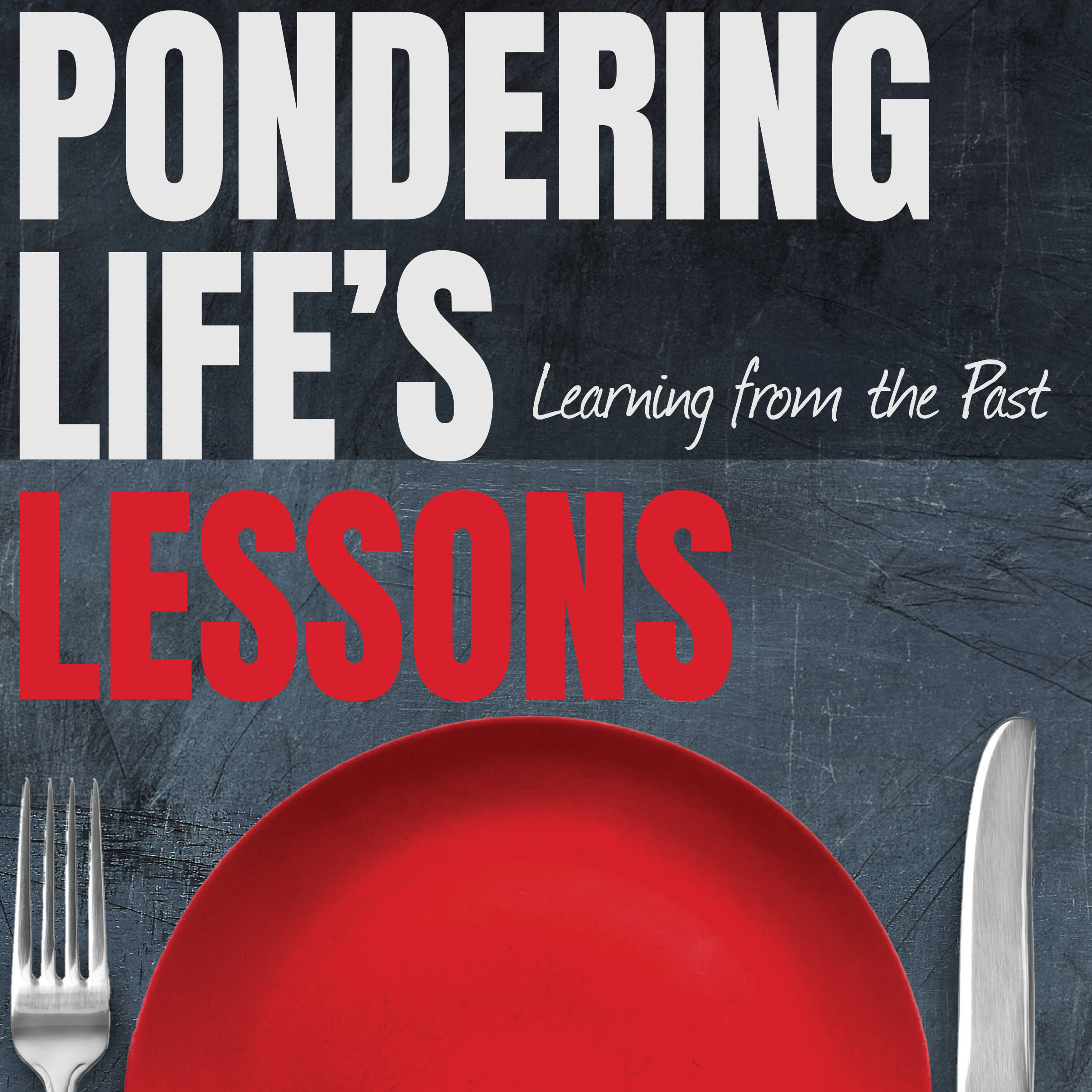 I started working for the National Food Store as a stock boy in 1963, the fall of my junior year of high school. I liked the job and my boss liked me. My boss was C.J. Perry, but he preferred “Perry”. I called him “Sir” my first day on the job and it stuck. I called him “Sir” most of the time. Seldom Perry. I later learned that C.J. stood for Clarence Joeseph.
I started working for the National Food Store as a stock boy in 1963, the fall of my junior year of high school. I liked the job and my boss liked me. My boss was C.J. Perry, but he preferred “Perry”. I called him “Sir” my first day on the job and it stuck. I called him “Sir” most of the time. Seldom Perry. I later learned that C.J. stood for Clarence Joeseph.
A week, or so, into the job, he learned that in elementary school I was known as Robbie. He liked the name, had a “Robbie” name tag made for me, and called me that throughout my tenure. Upon occasion he’d call me Rob but never Bob.
After a few months on the job, he taught me how to run the register. I had stocked and leveled shelves, bagged groceries, swept and mopped floors, climbed ladders to change light bulbs, washed store windows, posted signs, built end cap displays, and sorted beer and pop bottles, but all of that was manual labor. I had to use math to run the register. Before Scanners became the norm in grocery stores in the mid 70’s, I had to do the math in my head.
Back then all of the items in the store were marked with ink pad stampers. Stock personnel adjusted the stampers and stamped each product with the appropriate price. If prices changed each inked spot had to be wiped away with a solvent and a new price stamped on. This worked on jars and cans but boxed and paper products received a white sticker over the old price and a new stamped price on the sticker. If there were lots of stickers on the box you knew it had been there for quite a while.
If products were “two for sixty-nine cents” or “three for eighty-eight”, and lesser amounts were purchased, you had to do the math in your head. You also had to “round up”. One at “two for sixty-nine” became thirty-five cents, and one of the “three of eighty-eight” became thirty.
We had a regular customer, a special needs teen, John, who was nineteen years old. He lived two houses from the store. When I started at National, there was a Sanders lunch counter on one side of the store. John could be seen at Sanders or National just about every day. He came around in the evening, when business was slow, and passed the time talking with the cashiers.
One particularly busy Saturday morning, John came through my register with several items in his cart. He shopped often for his mom, so I thought nothing of his appearance as he unloaded his cart. He took out the items one by one. I rang them up as fast as I could because there was a long line behind him. He offered to bag his own groceries, so I took him up on his offer. He paid in cash and was on his way.
About ten minutes later, one of the other boys came to take over my register and offered up the words, “Perry wants to see you out back”. I headed to the back room, swung open the door, and was surprised to see Perry and John standing with the loaded cart I had just processed. Perry excused John, thanked him for his help, and I knew I was in trouble. I wasn’t sure why, but I was about to find out.
Perry presented the sales slip and went over it one item at a time. He pointed out I had undercharged and overcharged several items. My mental math had failed me. “You’ve got to be more careful, more precise, when ringing up an order.”
I said, “Yes sir, I will.” That’s when the other shoe dropped.
He bent down and pulled a case of beer from the cart’s lower shelf. He opened up the case to expose a child’s thermos stashed inside. Then he pointed to the shelf itself. There were three New York strip steaks lying there. And then he said, “You didn’t ring up any of these items. You need to check everything, and trust no one. Everything needs to go on the belt, even if you have to go around to help the customer lift the case to the belt. You never know what they might have hidden down below. I should write you up, but I’m not going to.”
Then he said, “On top of the missing items, you provided beer to a minor.” I wanted to say, “I didn’t technically provide the beer. He stole it.” But I kept my mouth shut.
Throughout the next hour, he called each employee into the back room to join us. He reviewed my errors in detail and put everyone on notice. “I’ll be doing this from time to time so make sure that you’re on top of your game every day.” I don’t know if he followed through with his promise to hold others accountable, but I really didn’t care.
I took the lesson to heart. I followed procedures and slowed down to make sure I processed everything appropriately. Being correct is more important than being fast. I did my best to learn from my mistake, and although I made other mistakes throughout my life, I didn’t make that one again.

